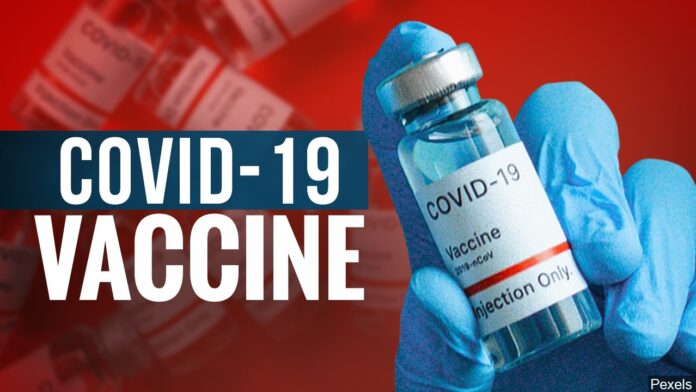A significant part of our population how now been vaccinated against the COVID-19 virus, and with the recent authorization of a third vaccine, those numbers are increasing rapidly. About 1.9 million doses have been administered every day in the past week.
Even at that rate, however, officials say it will still take seven months or more to vaccinate 70% of the population, the level at which we can begin to have some confidence that herd immunity makes it reasonably safe to return to normal life.
That’s an important fact to consider in the wake of Gov. Greg Abbott’s announcement that all state health restrictions will be lifted beginning next week. Lifting those mandates doesn’t mean people should stop taking precautions. Many businesses might continue to ask patrons to wear masks and keep safe distances from other people. They have the right to do so, and we hope we don’t see any aggressive behavior against those that do.
After all, we can’t tell who has been vaccinated and who hasn’t — or who might be carrying the deadly virus or any other disease, so those precautions still are warranted, even if they’re not required.
At this point, nearly 80 million doses of COVID-19 have been administered. Many of those are boosters given to the same people, and most people who have had only one shot aren’t fully immune, so the percent of the U.S. population that can be considered fully inoculated against the virus is less than 10% — it’s closer to 7% in Texas, which has one of the country’s lowest rates of vaccination; only about 13% of our state’s residents have taken the even one shot. Two of the three vaccines currently being used require two doses.
Most people yearn for a return to normalcy after a year under restrictions on public interactions, and many are calling for a COVID “passport” to identify those who have been immunized, so they can begin to travel and visit countries that have closed their borders in the name of public safety.
Airlines and other travel-related businesses support the use of such a document, hoping it will increase public movement and help reverse the severe losses those businesses have endured. The United States, United Kingdom and European Union are considering the issuance of digital “passports” for vaccinated residents.
Health officials and human rights advocates, however, urge caution, however, and with good reason.
While two of the three vaccines proved more than 90% effective in laboratory tests, they haven’t been used publicly long enough to determine actual effectiveness. The freedoms that such credentials might offer to those who get them could prompt some to stop taking precautions prematurely. A vaccinated person might travel to an area where immunization remains low, and still be at risk.
Rights advocates fear that such documents could lead to discrimination against those who don’t have them. Restaurants and other public places might allow entry only to passport holders, curtailing the freedoms of those who don’t have them even more than they are already.
With a return to normal life at least seven months away, the desire to give immune people more freedoms is understandable. However, officials need to make sure that any system that might make that possible is both safe and fair.




